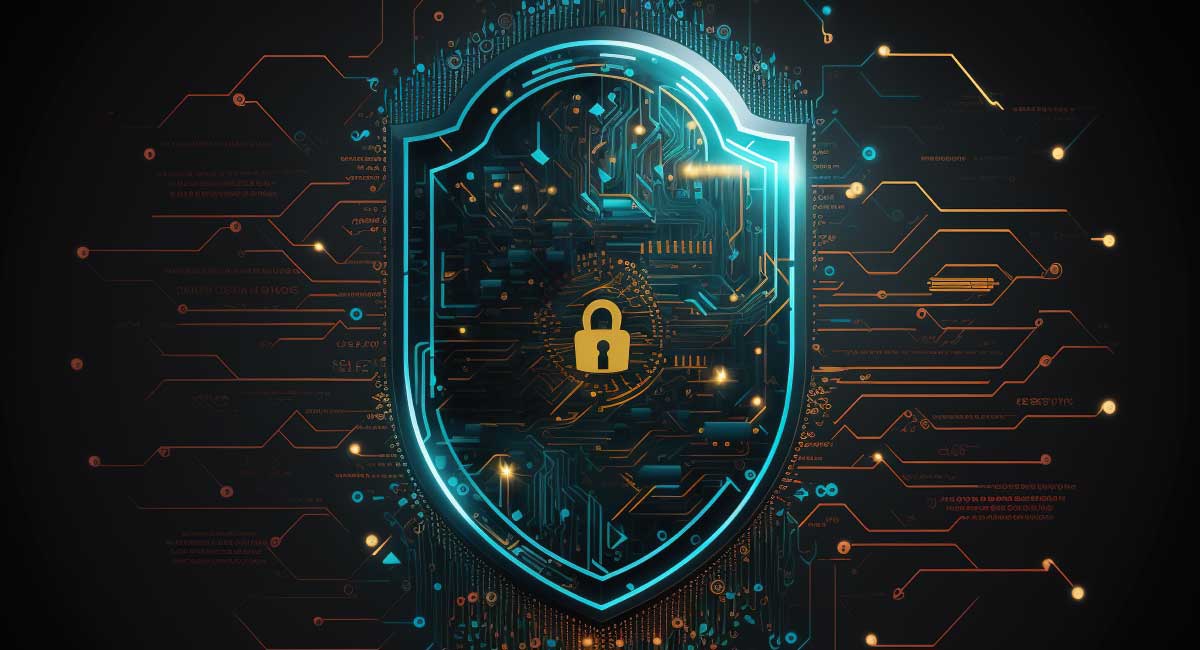The significance of cybersecurity cannot be overstated in the rapidly evolving world of technology. With increasing digital threats, the demand for skilled cybersecurity professionals is at an all-time high. However, navigating the path to becoming a cybersecurity expert can be daunting. This guide will demystify the journey by introducing you to a structured cybersecurity certification roadmap. Whether you’re just starting out or looking to advance your career, understanding this roadmap is your first step toward achieving your cybersecurity goals. A great next step is gaining the skills to earn industry-recognized cybersecurity certifications through a comprehensive online cybersecurity program.
What is a Cybersecurity Certification Roadmap?
A cybersecurity certification roadmap is a structured guide designed to help aspiring and existing cybersecurity professionals navigate the complex landscape of certifications available in the field. This roadmap outlines a progressive approach to gaining knowledge, skills, and certifications that the industry recognizes and values. It’s not just about collecting badges of honor; it’s about building a foundation of expertise that can secure networks, protect data, and combat cyber threats effectively.
Also Read: Best Practices for Cybersecurity
Prerequisites for a Cybersecurity Career
Before embarking on your certification journey, it’s crucial to assess whether you meet the basic prerequisites for a career in cybersecurity. Typically, these include:
- Basic understanding of IT concepts: Familiarity with computer networks, systems, and programming fundamentals is essential.
- Problem-solving skills: The ability to think critically and solve complex problems is a core competency in cybersecurity.
- Ethical integrity: Trustworthiness is paramount, as cybersecurity professionals often deal with sensitive information.
- A willingness to learn: Cybersecurity is a constantly changing field requiring continuous learning and professional development.
Cybersecurity Skills
A solid cybersecurity certification roadmap builds upon a core set of skills. These include:
- Technical skills: Proficiency in areas such as network security, application security, and encryption.
- Analytical skills: The ability to analyze risks, identify vulnerabilities, and propose mitigation strategies.
- Communication skills: Clear communication is critical for explaining technical issues to non-technical stakeholders and writing comprehensive reports.
Entry-Level Cybersecurity Certification
Starting your cybersecurity career often begins with obtaining entry-level certifications that validate your foundational knowledge and skills. Examples include:
- CompTIA Security+: A globally recognized certification that covers the basics of network security, compliance, operational security, and threat management.
- Cisco Certified CyberOps Associate: Focuses on the foundational skills required for cybersecurity operations, including security concepts, policies, and procedures.
Intermediate-Level Cybersecurity Certification
Once you’ve grasped the basics, the next step in your cybersecurity certification roadmap involves intermediate-level certifications that delve deeper into specific areas of cybersecurity. These certifications include:
- Certified Information Systems Security Professional (CISSP): Recognized globally, CISSP validates your ability to design, implement, and manage a best-in-class cybersecurity program.
- Certified Ethical Hacker (CEH): Offers a comprehensive understanding of ethical hacking techniques and the mindset of a hacker, crucial for penetration testing roles.
Also Read: How To Get Into Cybersecurity? A Complete Guide
Advanced-Level Cybersecurity Certification
Advanced-level certifications are the next milestone for those aiming to reach the pinnacle of cybersecurity expertise. These include:
- Offensive Security Certified Professional (OSCP): Known for its rigorous hands-on exam, OSCP certifies your penetration testing and ethical hacking skills.
- Certified Information Security Manager (CISM): This certification focuses on management and governance, proving your ability to oversee, design, and assess an enterprise’s information security.
Benefits of Gaining a Cybersecurity Certification
Obtaining a cybersecurity certification offers numerous benefits, including:
- Validation of skills: Certifications provide proof of your knowledge and skills, increasing your credibility in the field.
- Career advancement: Certified professionals often enjoy better job prospects, higher salaries, and more opportunities for advancement.
- Networking opportunities: Certification programs connect you with a community of cybersecurity professionals and experts, expanding your professional network.
Future Trends in Cybersecurity Training
The cybersecurity landscape is constantly evolving, as are the trends in cybersecurity training. Future directions include:
- Emphasis on practical skills: More certifications incorporate hands-on exams and practical assessments to validate real-world skills.
- Focus on specialized areas: As cyber threats become more sophisticated, certifications in specialized areas like cloud security, IoT security, and artificial intelligence in cybersecurity are becoming more prevalent.
- Continuous learning: The field of cybersecurity is dynamic, requiring professionals to engage in continuous learning and upskilling to stay ahead of threats.
Also Read: Cybersecurity Job Description: A Complete Guide
Strategies and Training to Boost Your Cybersecurity Certification Roadmap
Embarking on a cybersecurity certification roadmap is a strategic step towards establishing a successful career in cybersecurity. By understanding the prerequisites, acquiring essential cybersecurity skills, and progressively achieving certifications from entry-level to advanced, you equip yourself with the knowledge and expertise needed to navigate the complexities of the cybersecurity landscape. Beyond the certifications, remember that continuous learning, ethical integrity, and a commitment to excellence are the hallmarks of a distinguished cybersecurity professional. As you progress through your certification journey, remember that the ultimate goal is to collect certifications and build a deep and comprehensive understanding of how to protect and secure digital assets in an ever-changing cyber environment.
As you move forward on your cybersecurity certification roadmap, consider the following strategies to enhance your learning experience and career prospects:
- Engage in practical experience: Hands-on experience is invaluable. Seek out internships, volunteer work, or projects that allow you to apply what you’ve learned in real-world scenarios. Platforms like hackathons or cybersecurity competitions can also provide practical exposure.
- Stay updated on the latest trends: Cybersecurity is a field that evolves rapidly. Regularly read industry blogs, attend webinars, and participate in forums to stay informed about the latest threats, technologies, and best practices.
- Join professional organizations: Organizations such as (ISC)², ISACA, and others offer resources, networking opportunities, and continuing education programs that can benefit career development.
- Consider specialization: As you gain experience and insight into your interests and strengths, consider specializing in a niche area of cybersecurity. Specialization can lead to expert status in digital forensics, incident response, or cybersecurity policy fields.
- Pursue higher education: While not strictly necessary for all roles, advanced degrees in cybersecurity, information security, or a related field can complement certifications and provide a competitive edge for certain positions, especially in leadership or specialized technical roles.
- Practice ethical responsibility: Always adhere to ethical guidelines and standards. The integrity of cybersecurity professionals is critical, given the sensitive nature of the information and systems they protect.
- Build your personal brand: Share your knowledge and insights through blogs, presentations, or social media. Building a personal brand as a thought leader in cybersecurity can open new opportunities and reinforce your professional credibility.
In conclusion, your cybersecurity certification roadmap journey is challenging and rewarding. It requires dedication, continuous learning through an industry-recognized cybersecurity bootcamp, and a proactive approach to professional development. By strategically pursuing certifications and complementing them with practical experience, ongoing education, and specialization, you position yourself as a valuable asset in the fight against cyber threats. Remember, the path doesn’t end with certification; it’s a continuous journey of growth, learning, and contribution to the safety and security of the digital world.
As cybersecurity threats grow more sophisticated, the world needs skilled, ethical, and dedicated professionals more than ever. You can significantly impact this critical field with a clear roadmap and a commitment to excellence. Here’s to your success on this exciting and important journey.
You might also like to read:
How to Build and Implement Cybersecurity Skills
How to Become a Cybersecurity Engineer? A Complete Guide
How to Become an Ethical Hacker: A Complete Guide






